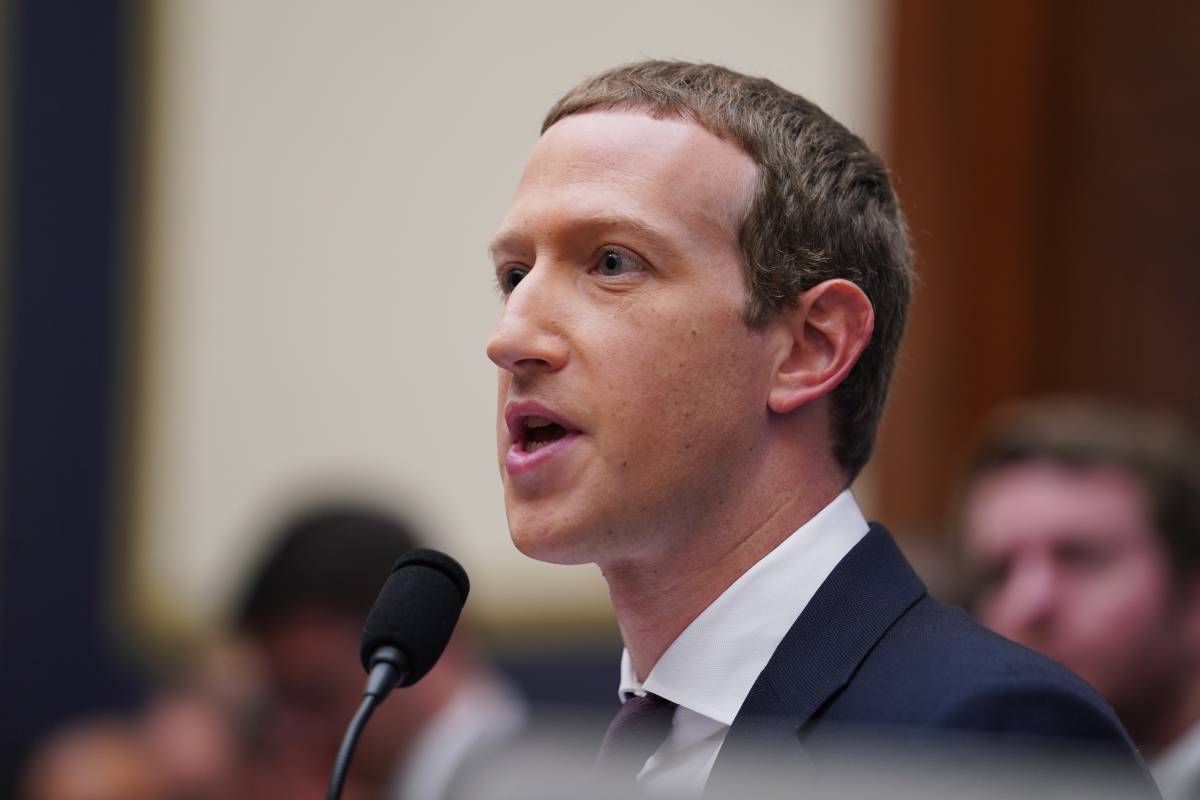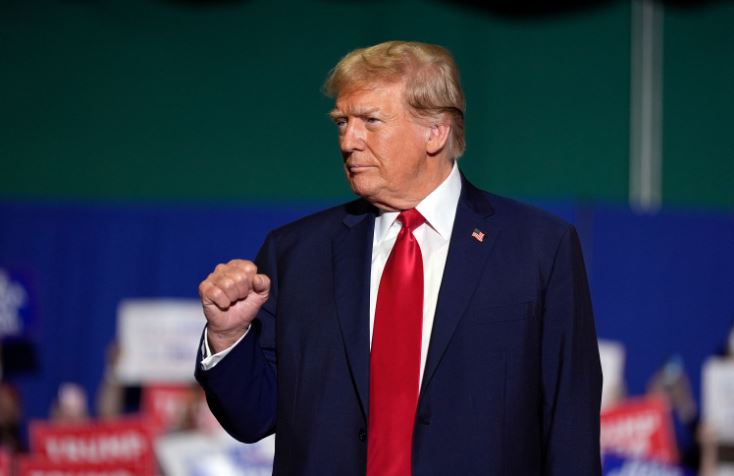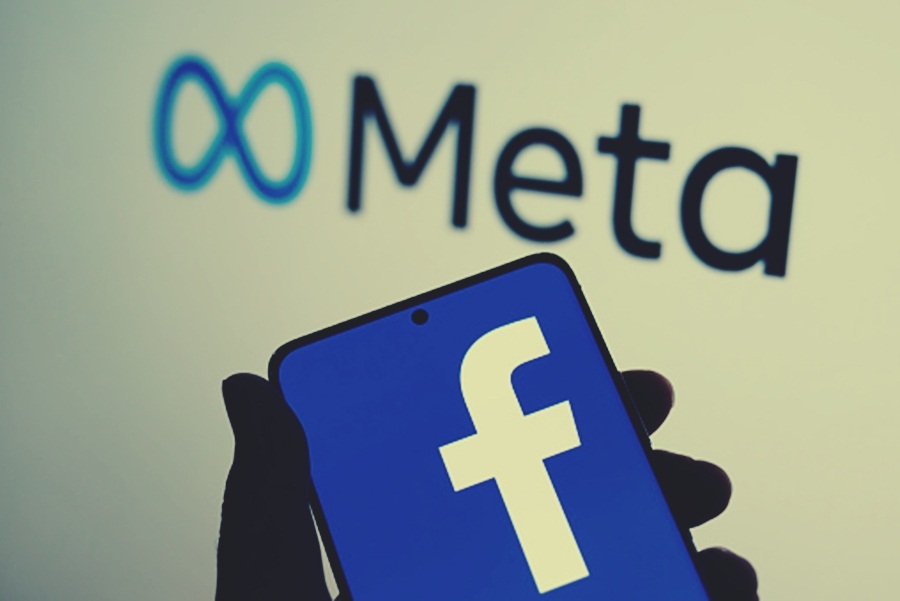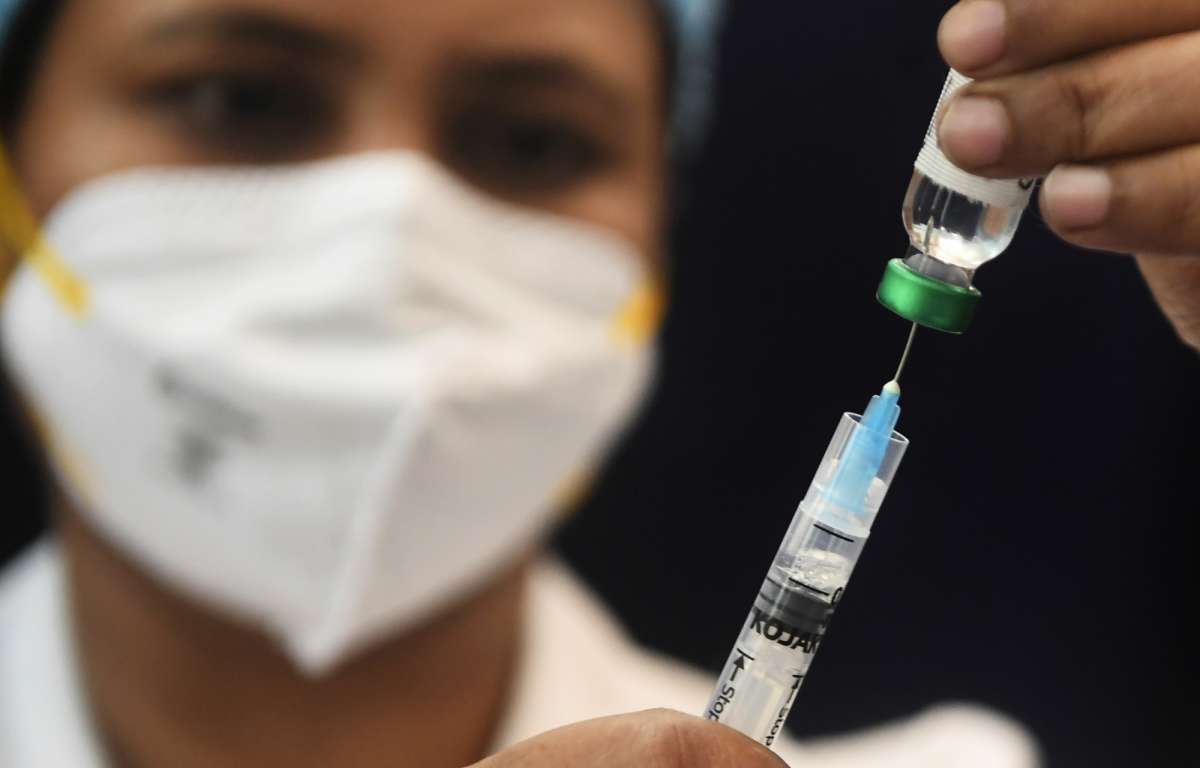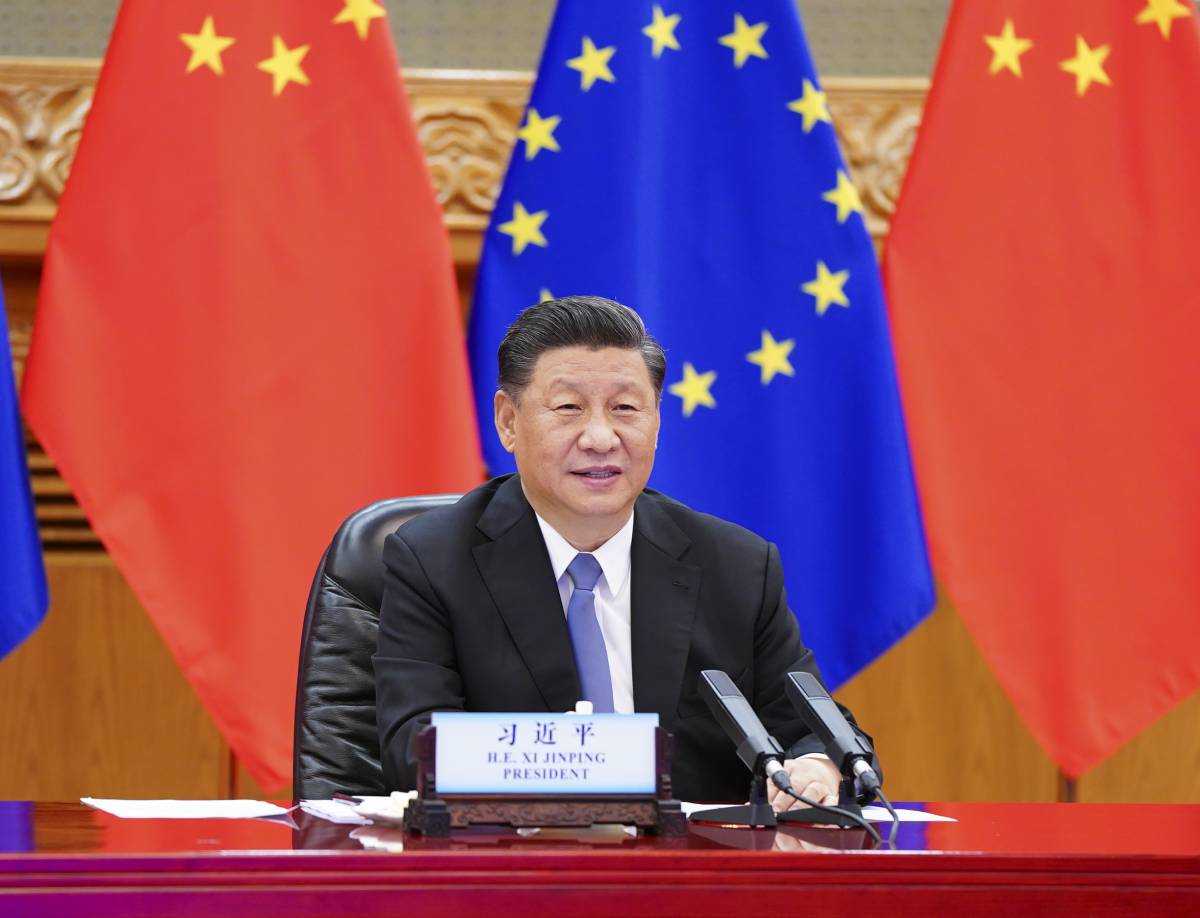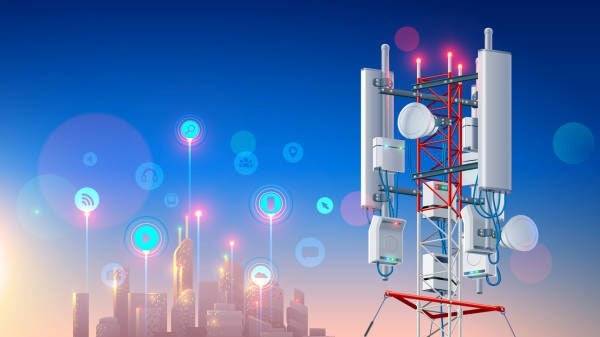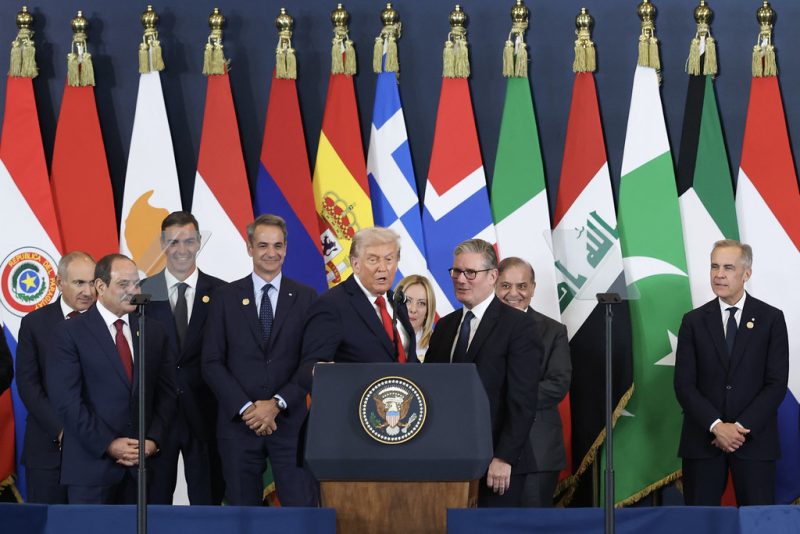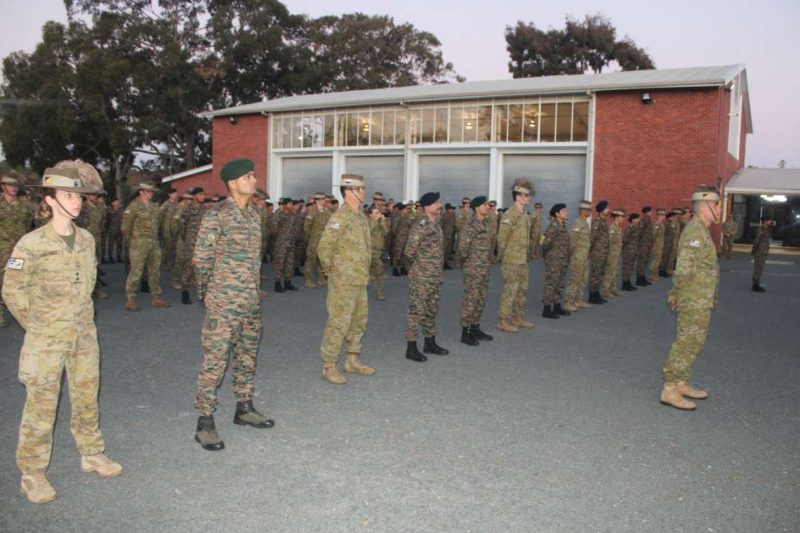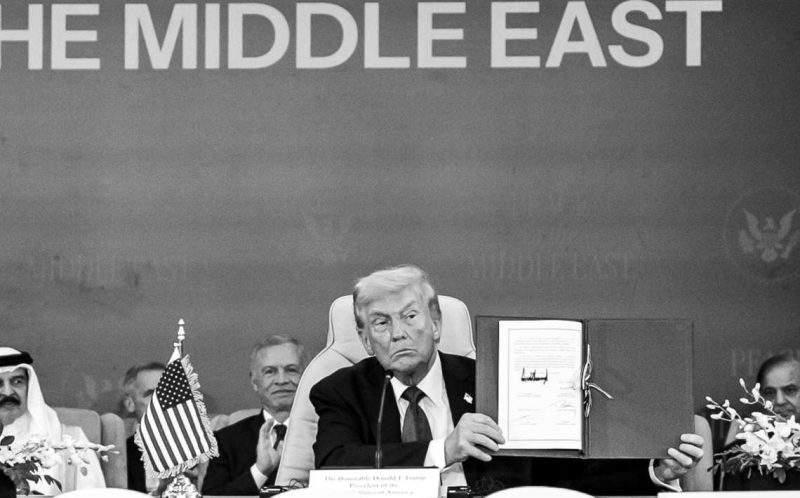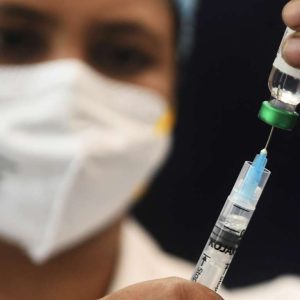It is a reminder to advertisers to have proactive mitigation plans in place to avoid the scramble of trying to figure out what to do in the moment, writes Nishant Arora
Facebook reported a 47 per cent (year-over-year) increase in ad revenue amounting to $28 billion in the second quarter (Q2) this year. The massive outage that left the entire family of Facebook apps down for several hours on a busy Monday produced a cascading effect on the global ad empire that is dependent upon the social networking giant to reach billions of consumers.
The global outage brought millions of Facebook, WhatsApp, Instagram, and Messenger users to Twitter, which saw tremendous traffic (and did not suffer another downtime), leaving advertisers on Facebook and its family of apps flummoxed.
According to global market research firm Forrester, Facebook’s core app continues to rank as the top-used social media platform weekly among global audiences except China, including 76 per cent in ‘Metro India’, 66 per cent in the US, and 64 per cent in five European countries (the UK, France, Germany, Italy, and Spain).
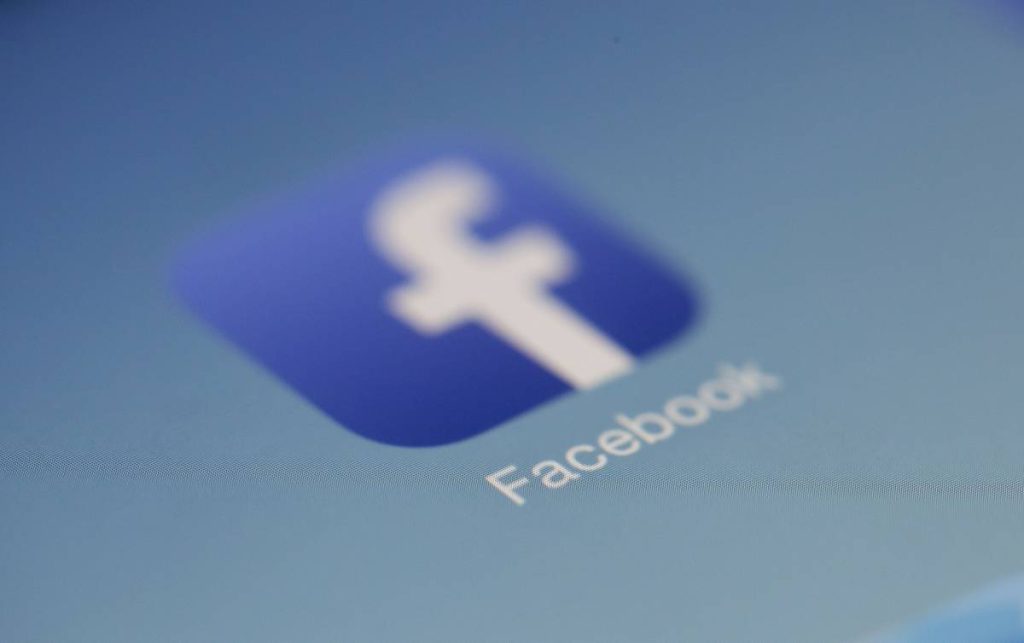
Other apps within the Facebook ecosystem (Instagram, Messenger, and WhatsApp) also dominate globally over non-Facebook social media platforms.
According to Forrester VP, Research Director, Mike Proulx, although many brands had a “real-time marketing” moment on Twitter, this outage has widespread implications to the advertising ecosystem “given the fact that ads weren’t being served for over six hours across Facebook and Instagram, which command the lion’s share of social media ad revenue”.
When the next outage occurs, brands should position themselves to pivot quickly to lessen the blow to their demand generation efforts.
“This not only affects Facebook’s revenue (and stock price) but also brands’ bottom lines,” he said in a statement.
The October 4 Facebook outage occurred on the heels of a whistleblower — data scientist Frances Haugen — condemning the social media giant for its business practices.
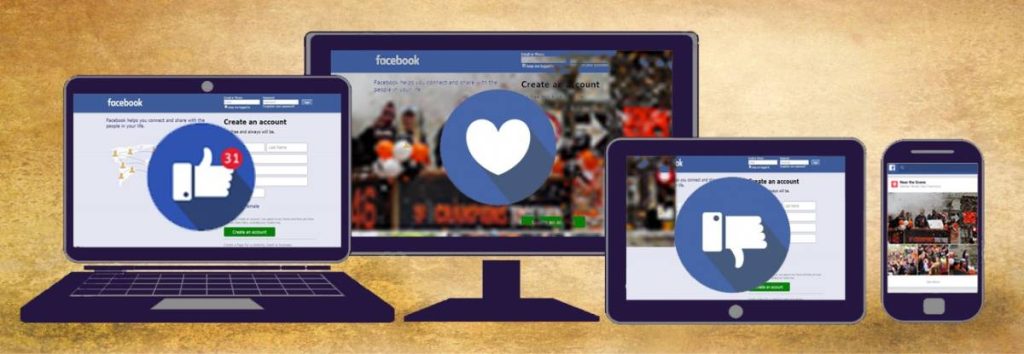
Facebook later explained why the outage occurred.
“Our engineering teams have learned that configuration changes on the backbone routers that coordinate network traffic between our data centres caused issues that interrupted this communication. This disruption to network traffic had a cascading effect on the way our data centres communicate, bringing our services to a halt,” Facebook said in a statement.
The social network said it has no evidence that user data was compromised as a result of this downtime.
“Our services are now back online and we’re actively working to fully return them to regular operations. We want to make clear at this time we believe the root cause of this outage was a faulty configuration change,” the company said.

Over the past two years, Facebook has consolidated its disparate app ecosystem onto one back-end infrastructure.
According to Forrester senior analyst Jessica Liu, it is a move that creates some operational efficiencies for the company and insulation from a potential breakup by regulators.
“But it also exposes Facebook to concentration risk: A single risk event that produces a cascading effect — like old school Christmas lights where one goes out, they all go out. This strategy comes at the expense of redundancy and impairs the company’s resilience. It also irritates consumers who don’t want a unified social media profile across Facebook’s family of apps,” Liu stressed.

This Facebook outage wasn’t the first and it won’t be the last.
It is a reminder to advertisers to have proactive mitigation plans in place to avoid the scramble of trying to figure out what to do in the moment.
The brands need to diversify media spend within and outside of social media.
“Brands should use this incident to (re)assess how much of their ad spend is concentrated in a single media platform and determine a go-forward diversification strategy that still reaches their target audiences while reducing concentration risk,” said principal analyst Jeff Pollard.
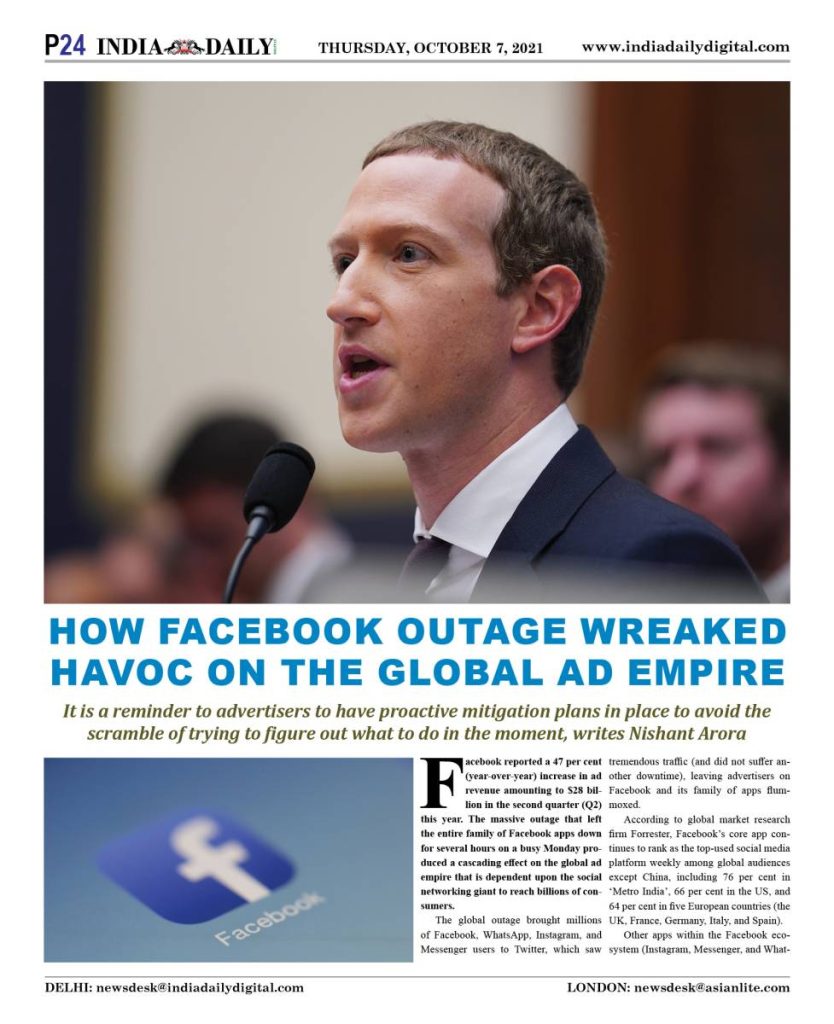
When the next outage occurs, brands should position themselves to pivot quickly to lessen the blow to their demand generation efforts.
This involves creating “what if” scenarios with specific actions to take as risk triggers occur.
“Marketers would be wise to pressure Facebook to quickly adjust for the outage to normalise brands’ siloed Facebook ad performance dashboards,” added senior analyst Alla Valente.


